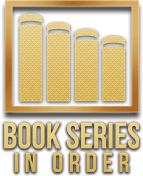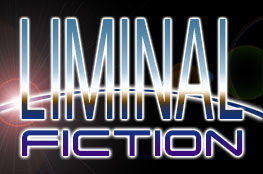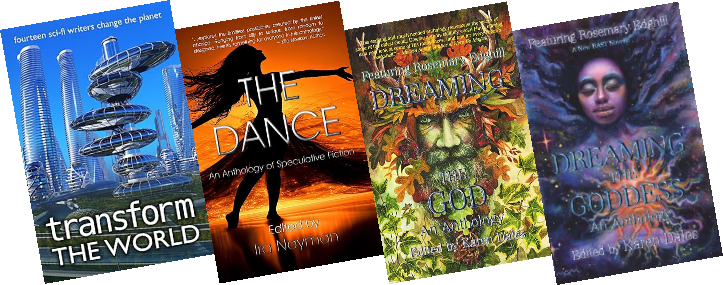Interview Questions
with Stephen B. Pearl, taken from Niinas Reading Review Blog.
Question: What do you think makes a good story?
Answer: Everything. Not overly helpful I know. As I see it stories are more woven than built. Character leans on and reflects setting, setting is the result of the actions of characters. The conflict must grow logically from the circumstances of the book. If a plague was released today there would be an effective quarantine, hazmat teams, a whole organized response. If it happens in a post-apocalyptic setting, those go by the wayside. Taking action must be in the characters' nature and the action they take must grow naturally from their nature. Jim Kirk isn't going to pass up the chance to save the pretty woman, it's not going to happen because it isn't in his nature.
Question: Now a little about how you write... What would you say is your most interesting writing quirk?
Answer: For starters my process is more like role playing gaming than anything else. I set up the world first. Then I populate it with characters that have the right personality to take the actions I need and the skill set to be effective. Then I'll throw the characters into situations and let them deal with it while I record what happens. Often the first few pages, that the audience never sees, are garbage. It takes a little while for the characters to come to life and start directing their own actions. After that I just play game master, setting the scene and tossing up challenges and my characters take control. Going in I'll know where I'm starting and where I want to finish, though that can change, and I'll have an idea about some scenes I want to do along the way but my system isn't very formal. I tried to write to a plan a couple of times and what came out stank. This of course is how I work, other folk work to a plan and it's great for them. People need to find their own method and not let other people tell them there is only one way to do things.
Question: What is the biggest 'no-no' when it comes to writing for you?
Answer: Forcing a character. If I make a character do something against their nature I'll get along ten or twelve pages and the whole process stalls. Character action grows from character nature. Another one would be making people too good. Darkness adds spice. Wolverine of the X Men is a great character because there is darkness in him that compliments honor and nobility. The fact he can be vicious makes his kindness stand out in stark relief.
Question: So, what drew you to write more futuristic romantic fiction?
Answer: I've always loved the speculative fiction generas. If you look at it you can tell any type of story, romance, action adventure, horror, etc. in a speculative fiction setting. Note: I say speculative fiction to include fantasy. What you also get to do is explore big ideas. What will happen when we have to stop burning fossil fuels if we don't have alternative energy supplies in place? What could be the consequence of a world where people cannot commit a direct act of violence? So much of the science fiction genera is cautionary and says open your eyes, look at the consequences of our new abilities both good and bad. As we learn things and gain new skills, we change our world. A simple example is medical advances. We mitigated the infant mortality rate at a global level, good thing, babies live. We now have mass overpopulation; hmmm. Things like this is what the SF writer explores before they blow up in our face, so we act as an early warning system. The genera also reflects the moral stance of personal responsibility, karma, there are no get out of jail free cards. What your characters set up in the story they have to live with. If you use nuclear energy you have to deal with the waste and so on. In this sense, SF is probably the most morally challenging of the generas. I also love taking an idea and turning it over and over to explore its consequences and seeing how my characters react to the idea.
Another aspect of SF is you can take an old idea, let's say a tough as nails detective, and set it in a new setting that forces the archetypal character to adapt and take on a new form. Now your tough as nails gumshoe also has to know how to plant a listening device, hack a computer, or maybe his girlfriend can do that part of the business, thus empowering her and making her more his equal in the business. The point is a worn out idea can be made new again by putting it in a SF setting and allowing it to change to suit the setting.
Find new authors, links

Book Series in Order is a site listing different authors and their books in order written, a labour of love.

Books Radar is a site listing different authors and their books in order written, a labour of love.

Fiction DB is a site listing different authors and their books.

Goodreads lists many books, authors, recommendations and discussions.

Liminal Fiction lists many speculative fiction books, authors, genres, and has an extensive filter search by genres, tropes e.g., mirror shows true self, space medicine, and tags, which should help you find authors and their books.




